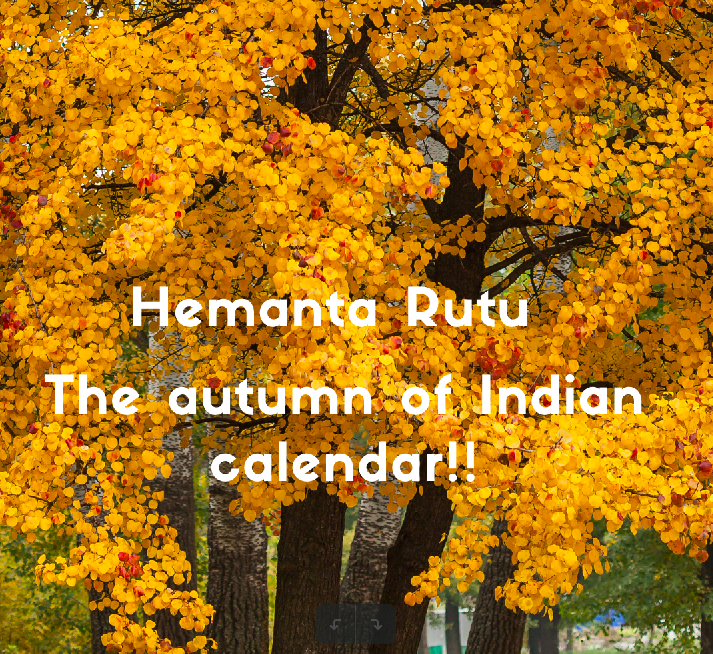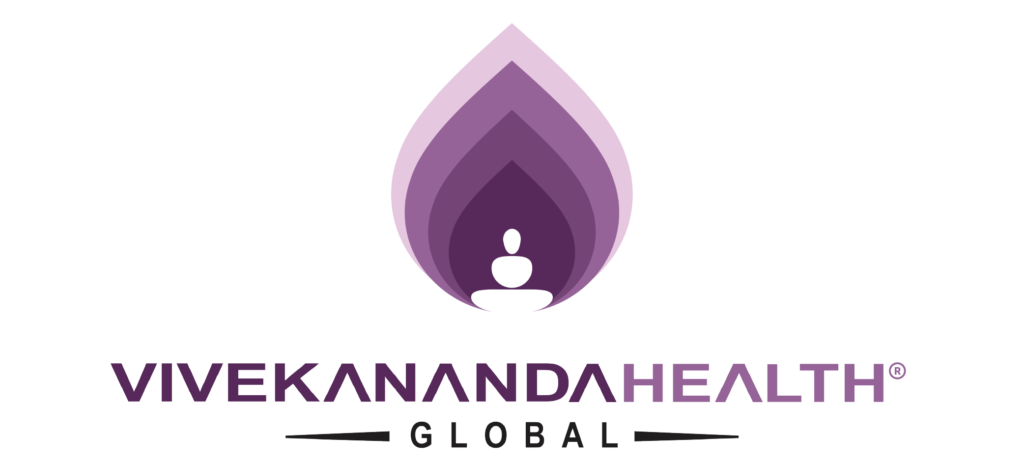”HEMANTHA RUTHU” The autumn of the Indian calendar!!

This is the last season of Dakshinayana or the Southern Solstice known as Visargakala wherein the earth is cooled down by previous seasons of monsoon and early autumn-Varsha and Sharad. This is a pleasant turn with optimum heat and blooming flora before entering into harsh dry winter months. This lovely temperate season is also home to allergies and ailments. A good seasonal routine helps in avoiding illnesses due to changing seasons. Seasons bring in changes around us so it does affect physiology too. To help us enjoy all the goodness from nature while preparing the body for the changing conditions, Ayurveda has given us the concept of ‘Ruthucharya.’
RUTHUCHARYA literally translates as seasonal regimen simply refers to the diet and physical activity to be adopted for the season. In ‘Hemantha Ruthu’, the strength and digestive power of the body are high. The nights are longer so the food is digested completely and hunger is felt early in the morning.
The predominant changes in the body would be:
*Increased hunger.
*Increase in energy or strength of the body.
*Dryness generated due to the season.
Advice for the season
To pacify these changes, it is necessary that we increase the food intake, increase the exercise regimen or day-to-day physical activity and undergo oil massage with selective increase in oil-rich foods. Oil application for head and body, taking warm fomentation, avoiding exposure to cold winds, intake of honey, jaggery and sugarcane go a long way in keeping the body healthy.
Seasonal fruits like Amla (Indian Gooseberry) can be included in everyday meals. Keeping in mind the tastes prescribed for the season-Sweet, Sour and Salty-diet can the made suitable and healthy.
According to Ayurveda, it is the time when Vata and Kapha are predominant and the jataragni is strong. A few things to be avoided would be the intake of excess gas-producing food such as legumes and beans, cold food, cooked and stored dishes. A daytime nap can bring harm.



